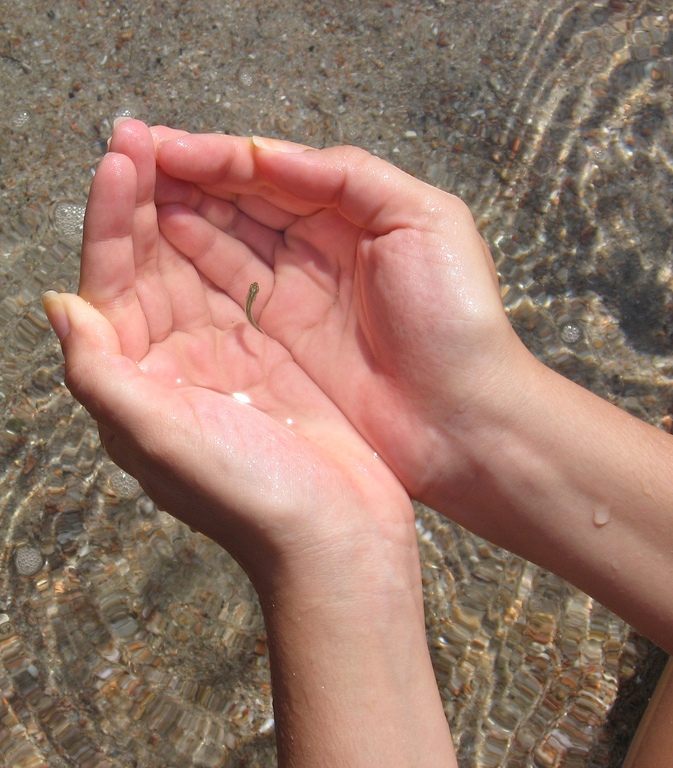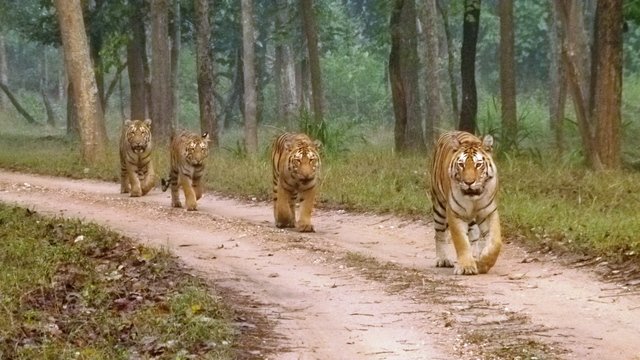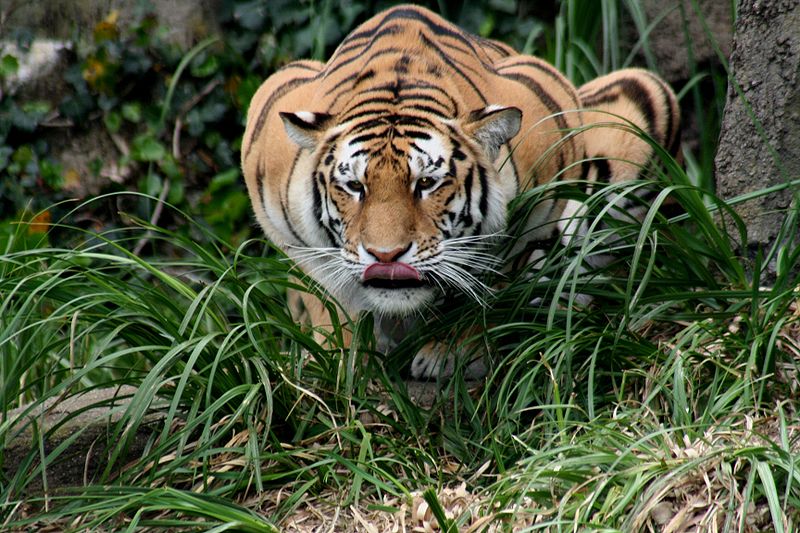Global warming is affecting sea animals more than land animals, scientists found after a large study. The research shows that aquatic creatures are shrinking 10 times more than the land dwellers due to severe climate change.
Researchers from Queen Mary College, University of London, and the University of Liverpool found that the body size of freshwater species as well as marine species has been disproportionately affected by warmer temperatures.
Researchers compared the extent to which the adult size of 169 terrestrial, freshwater, and marine species responded to different non-harmful temperatures.
“Aquatic animals shrink 10 times more than land-dwellers in species the size of large insects or small fish,” said co-author Dr Andrew Hirst. “While animals in water decrease in size by five per cent for every degree Celsius of warming, similarly sized species on land shrink, on average, by just half a per cent,” Hirst said.
The reason for this drastic decrease in size, according to the scientists is the less availability of oxygen under water than on land. They believe that with temperature rise, the oxygen content of the water reduces more than on land. Reduced size is therefore a way to ensure that all creatures can breathe in enough in spite of the limited supply.
“To satisfy increased demands for oxygen at higher temperatures, aquatic species have fewer options. Reducing the size at which they mature is their way of balancing oxygen supply and demand,” said co-author Dr David Atkinson, of the University of Liverpool.
Small Size Bigger Problems
The shrinking of aquatic animals may have many implications in the future. The natural aquatic food chain might be disturbed. Also, as size reduces of fishes, more will be eventually caught for human consumption. Already excessive fishing is causing large population of fishes to struggle for survival. If global warming leads to their size getting smaller and smaller, more number of fishes in the net will only lead to greater loss in the marine world.
“Given that fish and other aquatic organisms provide three billion people with at least 15 per cent of their animal protein intake, our work highlights the importance of understanding how warming in the future will affect ocean, lake and river dwelling species,” said lead author Dr Jack Forster.
The research was published in the journal Proceedings of the National Academy of Sciences (PNAS).
More Related Stories,
Jeff Corwin Launches e-book on Sharks
5 October to be Celebrated as Ganges Dolphin Day
Rising Sea Animal Deaths in India’s South-West Coast
Image via cc/Flickr by Communica TI







2 thoughts on “Marine Animals Shrinking due to Global Warming”